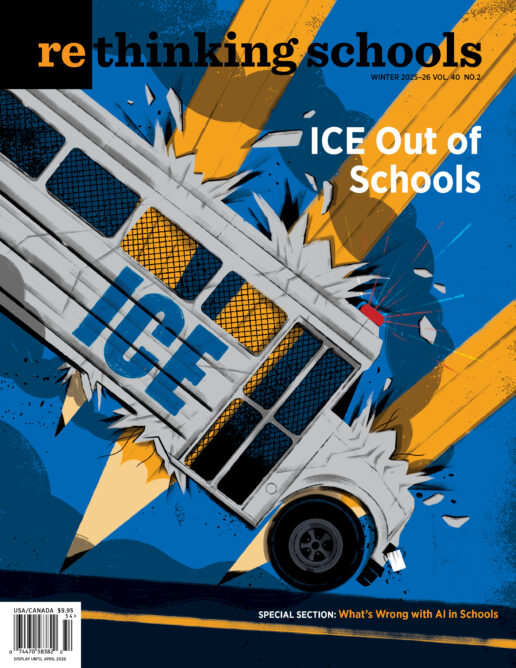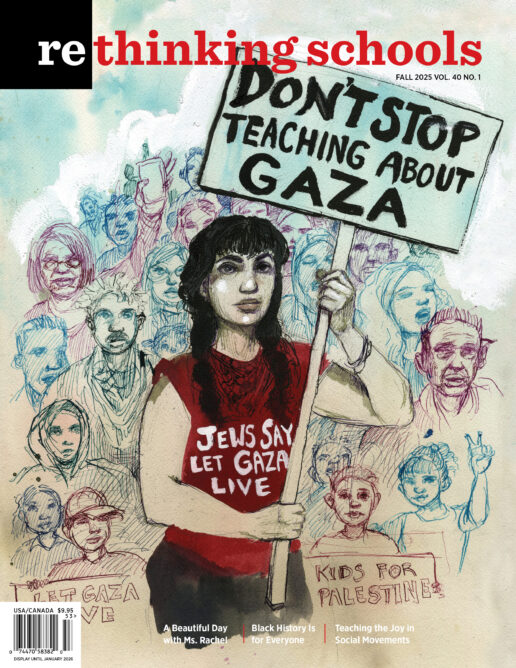-
Editorial: Making Black Lives Matter in Our Schools
As we return to our schools this fall, we need to rededicate ourselves to building an education system and a society that values Black lives.
-
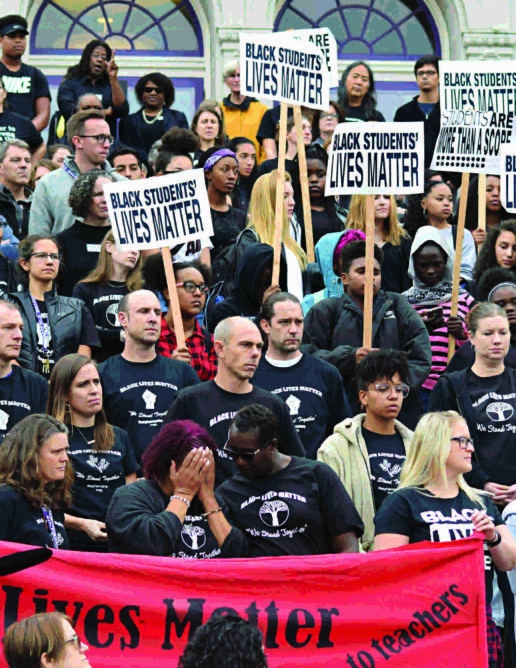
How One Elementary School Sparked A Citywide Movement to Make Black Students’ Lives Matter
Teachers at one Seattle school show the important role educators have to play in the movement for Black lives, in part by creating a Black Lives Matter at School day, having 3,000 teachers wear Black Lives Matter T-shirts, and responding together to issues like the death of Charleena Lyles.
-
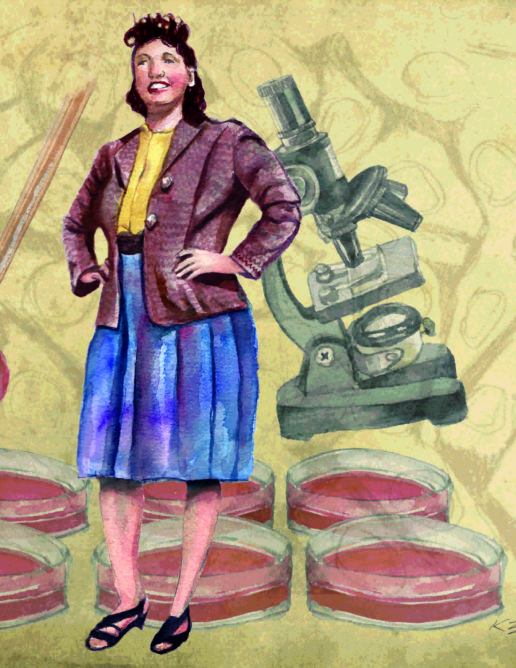
Beyond Just a Cells Unit
What My Science Students Learned from the Story of Henrietta Lacks
A science teacher includes Black voices and Black history in her classroom by building curriculum around The Immortal Life of Henrietta Lacks. In doing so, she shows how nonfiction books should not be relegated to language arts but can be effective in a science classroom.
-
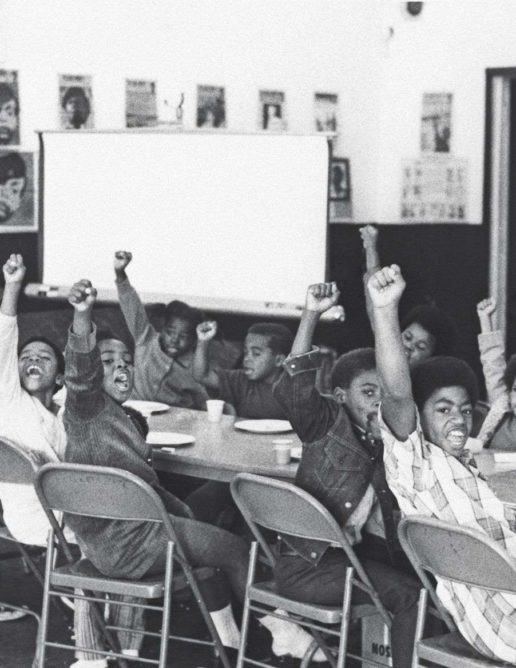
What We Don’t Learn About the Black Panther Party — but Should
The history of the Black Panther Party holds vital lessons for today’s movement for Black lives and all movements to confront racism, inequality, and police violence. But our textbooks distort the significance of the Panthers — or exclude them completely.
-
Black is Beautiful
A kindergarten teacher uses images, literature, poetry, and collages — as well as her own history — to challenge students’ implicit bias and preconceived notions surrounding the color black and to teach the lesson that Black is beautiful.
-
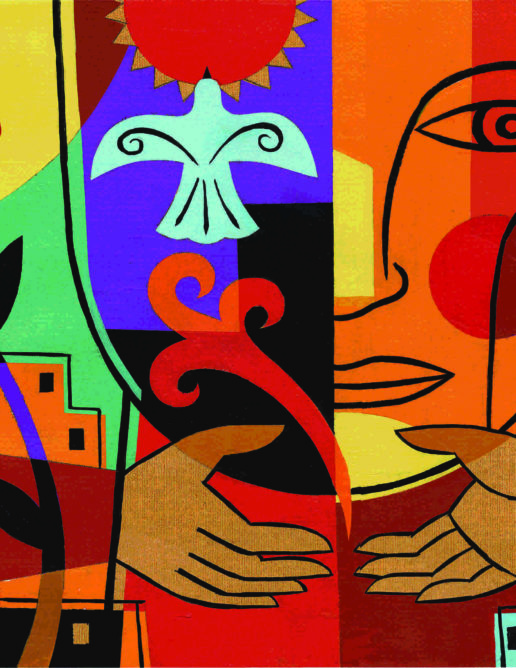
Who Do I Belong To?
A Black Teacher's Dilemma
A teacher in a predominantly white school and classroom describes how she chose to protect and educate one of her Black students, rather than use him to educate her white students.
-
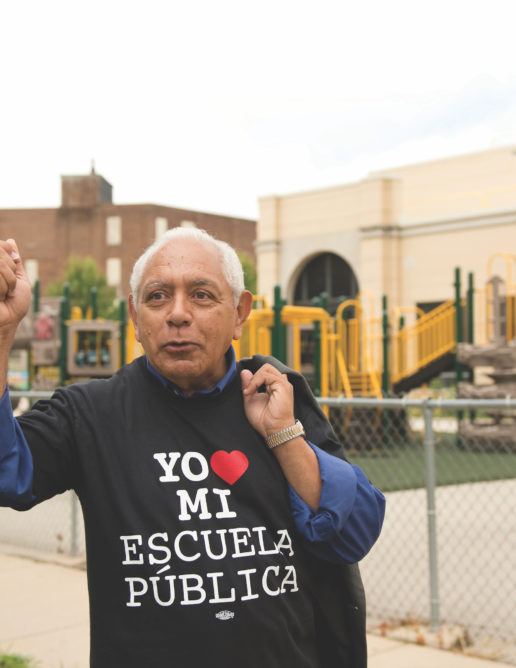
The Struggle for Bilingual Education
An Interview by Bob Peterson with Bilingual Education Advocate Tony Báez
Organizer and advocate Tony Báez has been fighting for improved bilingual education programs for decades. In this interview, he talks about the current state of bilingual education and describes how parents and educators won a maintenance K-12 bilingual program in the Milwaukee Public Schools.
-
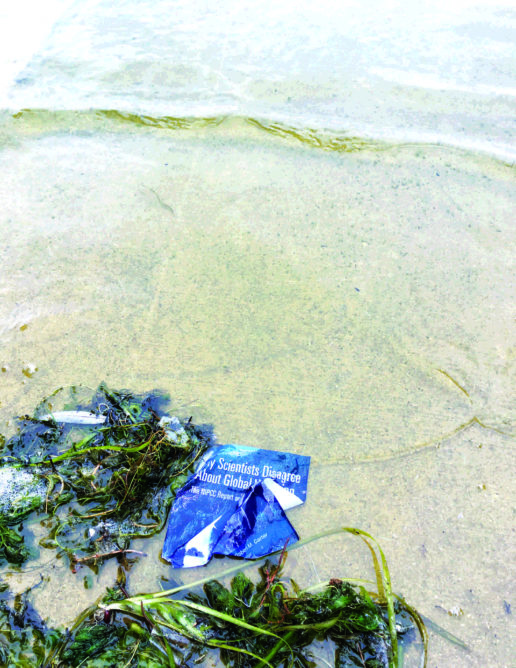
“Stupid Book of Wrongness”
The Heartland Institute's Climate Change Denial Book Meets Informed 3rd and 4th Graders
A teacher shows his 3rd- and 4th-grade students the Heartland Institute’s climate change denial book that was sent to every science teacher in the nation.
-
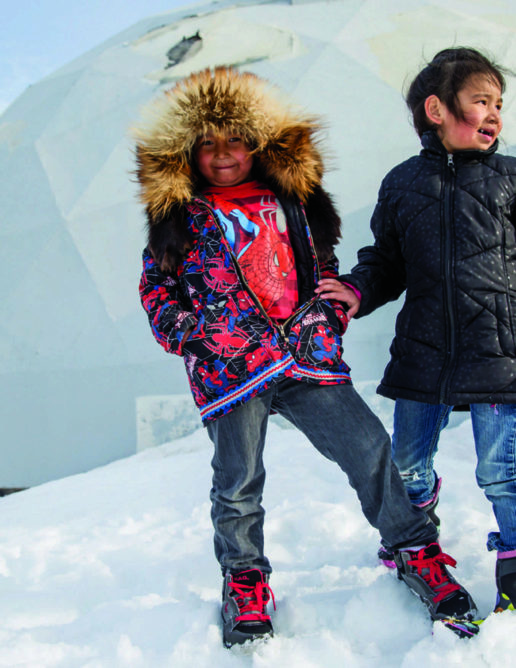
“No One is Going to Tell Us What is Right”
Language and Decolonization in Alaska
A journalist explores the way Indigenous language and community is connected to the classroom in several communities in Alaska, and explores how educators there have built new frameworks to fight against Eurocentric curriculum.
-
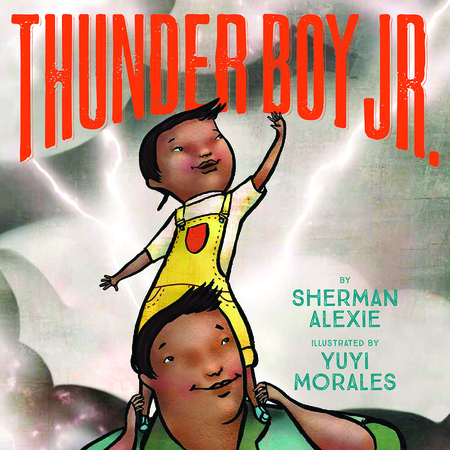
Our Fall 2017 Picks for Books, Videos, Websites, and Other Social Justice Education Resources 32.1
Check out these valuable resources, reviewed by Rethinking Schools editors and Teaching for Change colleagues.
-
Curtis Acosta on the Tucson Ethnic Studies Victory
A victory for ethnic studies in Arizona.
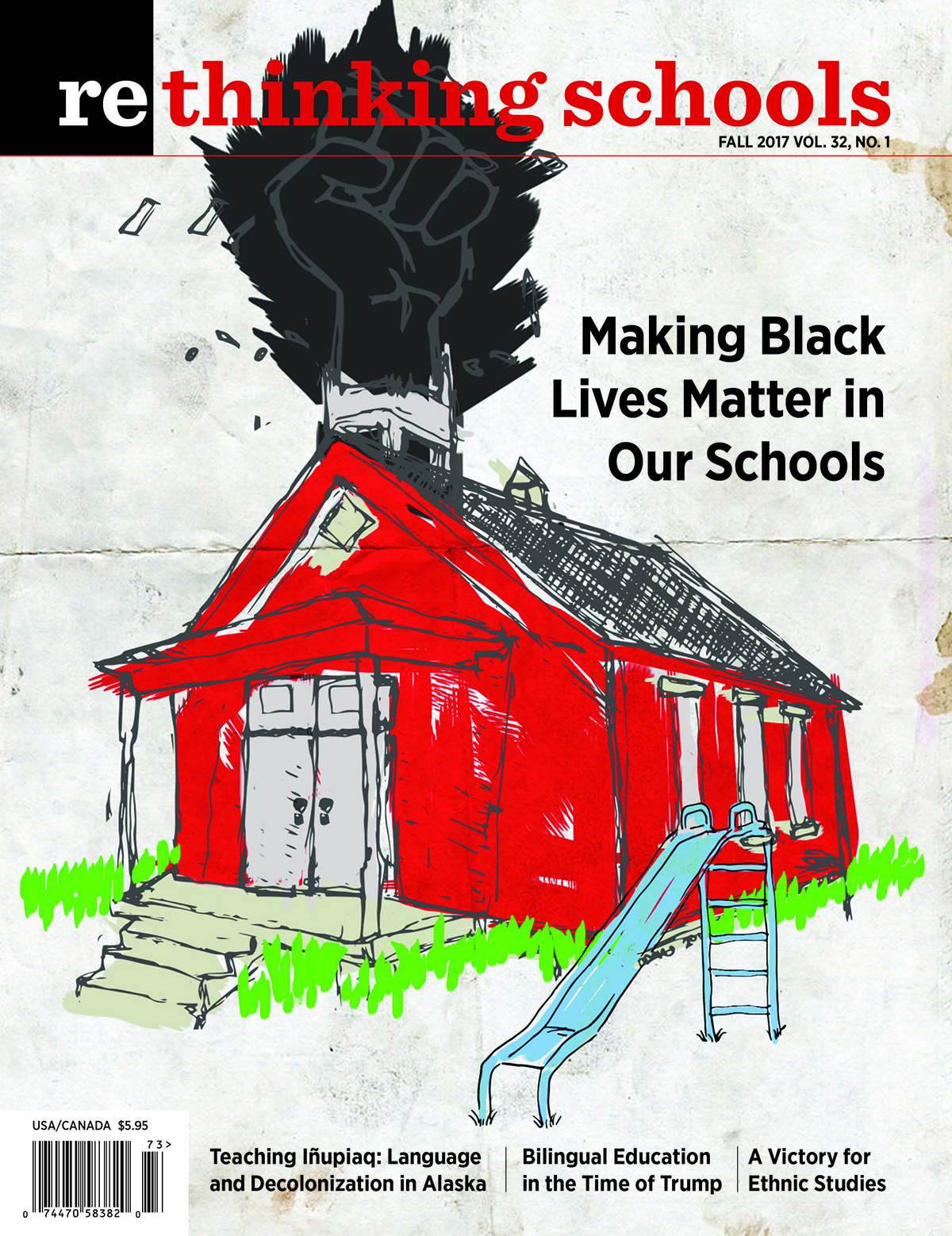
Volume 32, No. 1
Fall 2017
Five special cover stories and a powerful editorial, “Making Black Lives Matter in Our Schools,” frame the newest issue of Rethinking Schools that urges educators—as we return to school this fall—to rededicate ourselves to taking the fight against white supremacy into the classroom and building an education system and a society that values Black lives.
Story after story over the summer, including the shooting of Charleena Lyles in Seattle and the torch-bearing white supremacists who violently descended on Charlottesville—along with the racist rhetoric of the Trump administration—have made it, yet again, blatantly clear that in our society Black lives do not matter. And unfortunately, from curriculum to discipline policies, too many schools reinforce racist messages and our systemic disregard for Black lives.
This issue is about how educators are fighting back in creative, practical, and profound ways.
Annual Subscription: $24.95
Purchase Digital Copy: $4.95
To purchase individual paper copies of the magazine email us or call customer service at 1-800-669-4192

